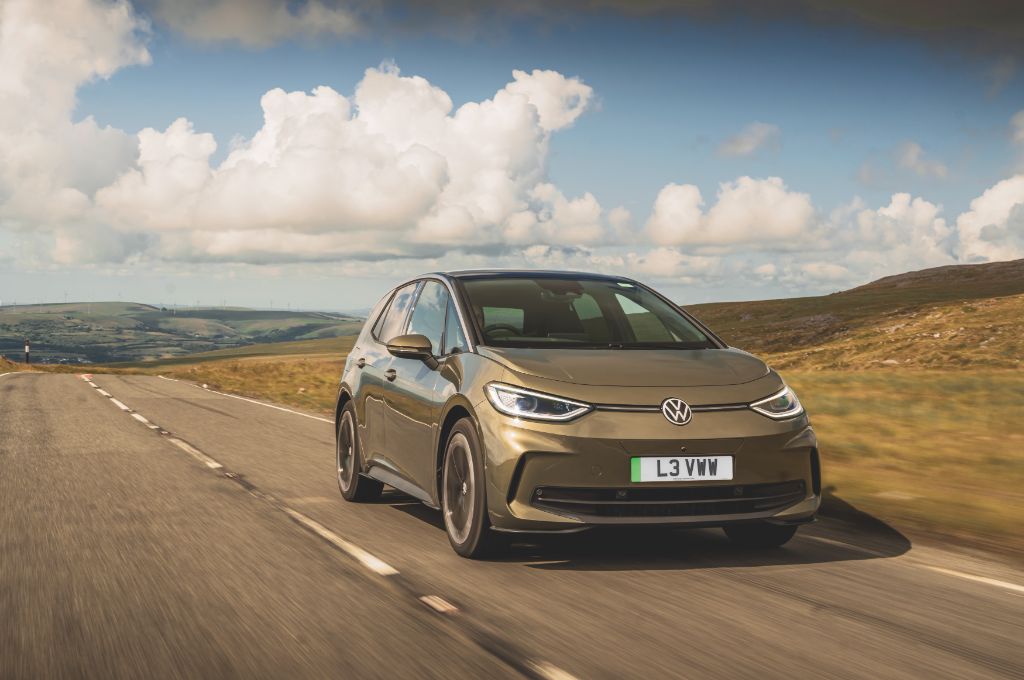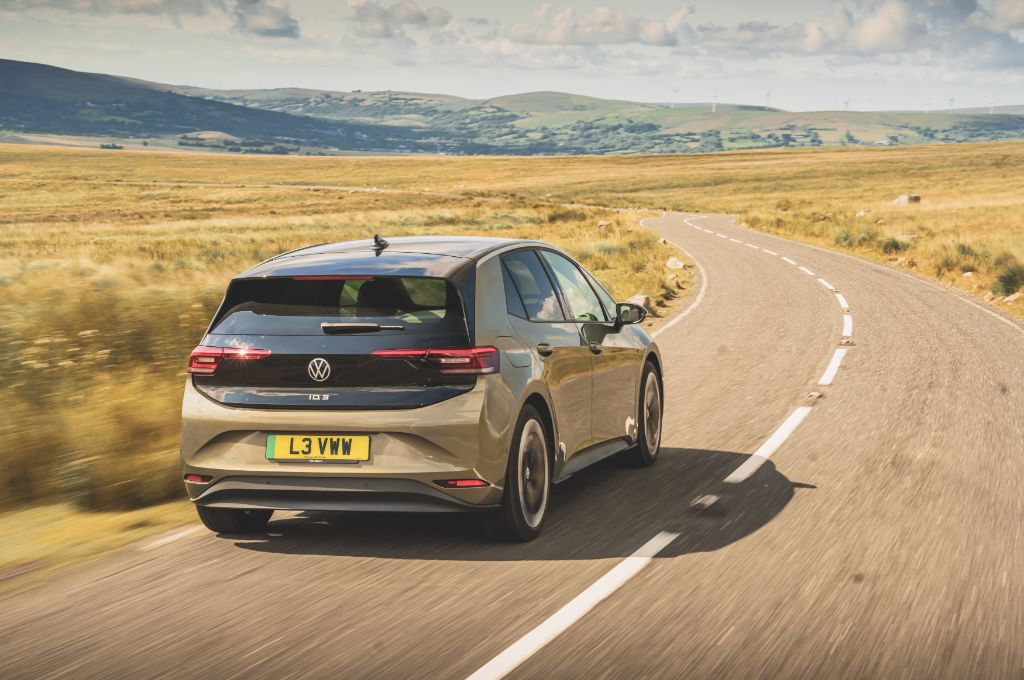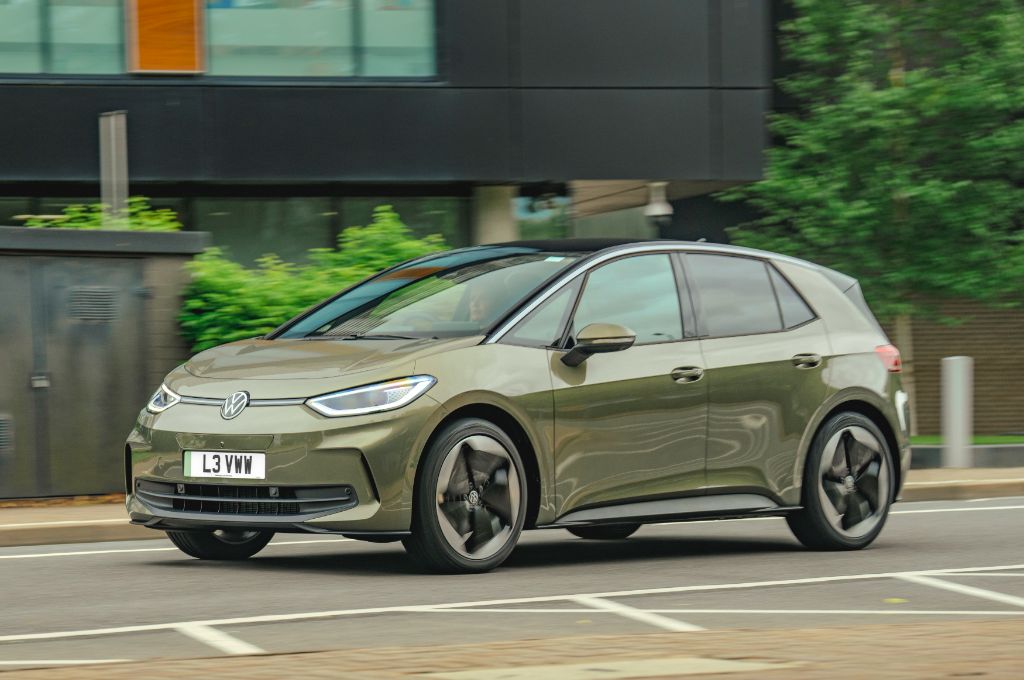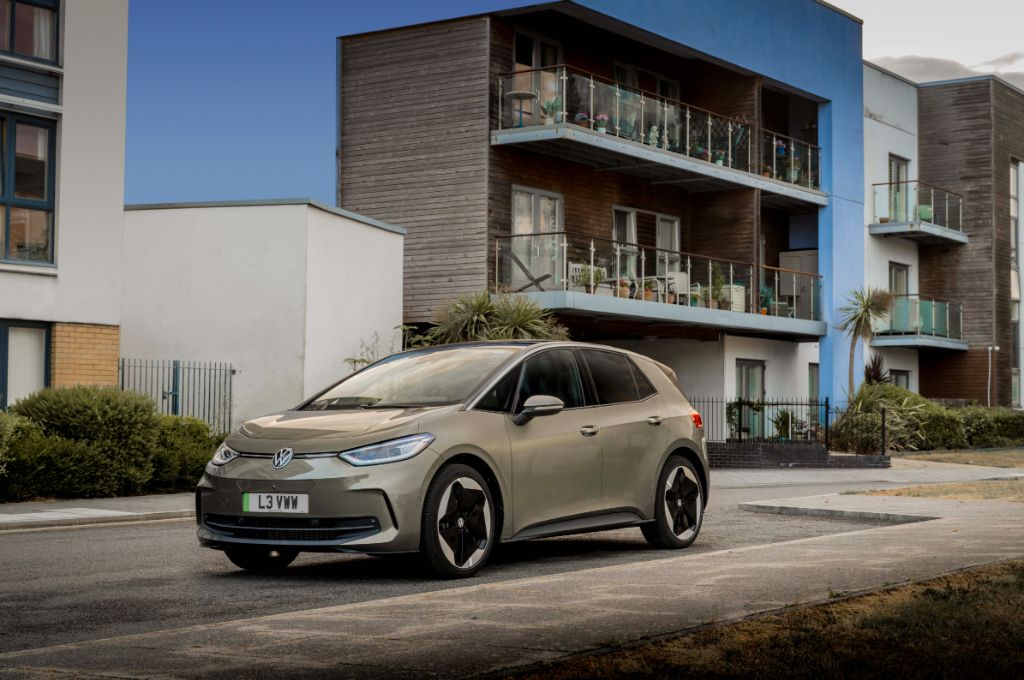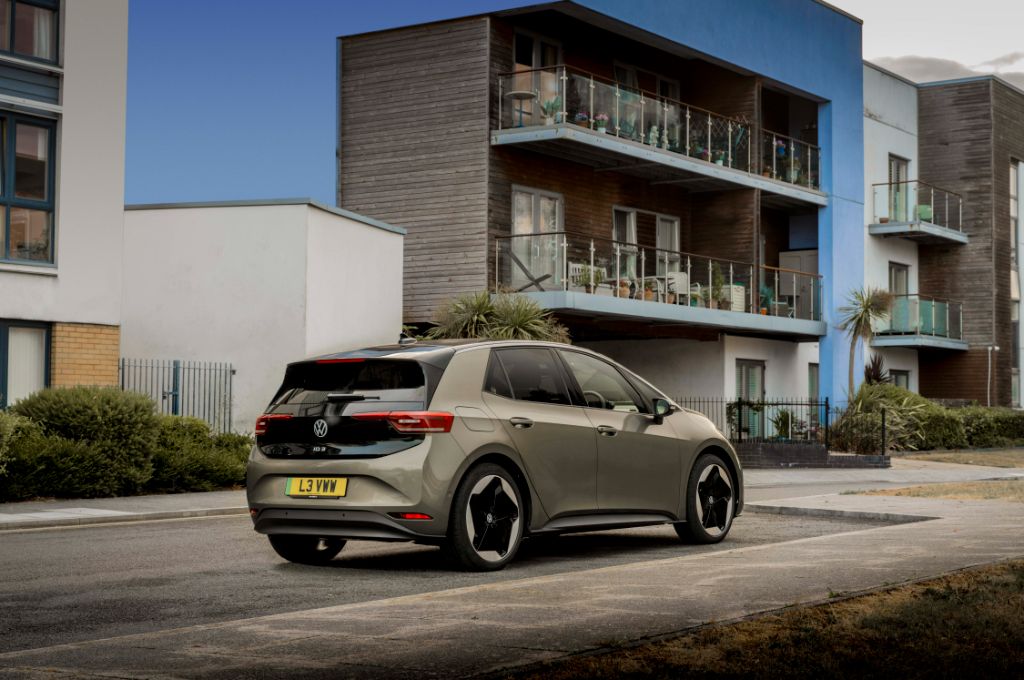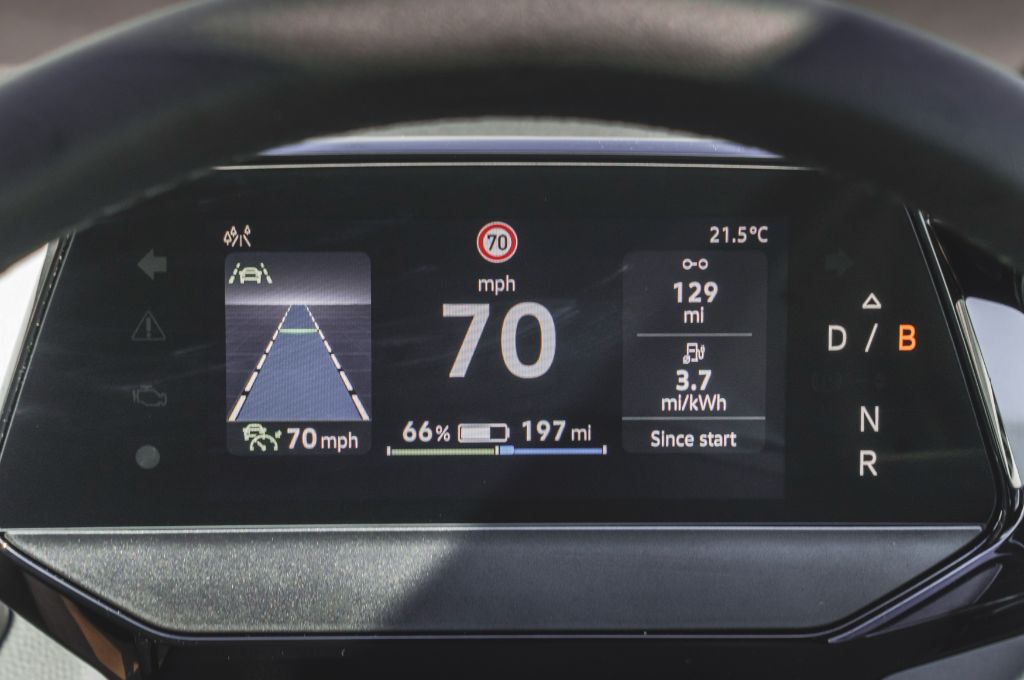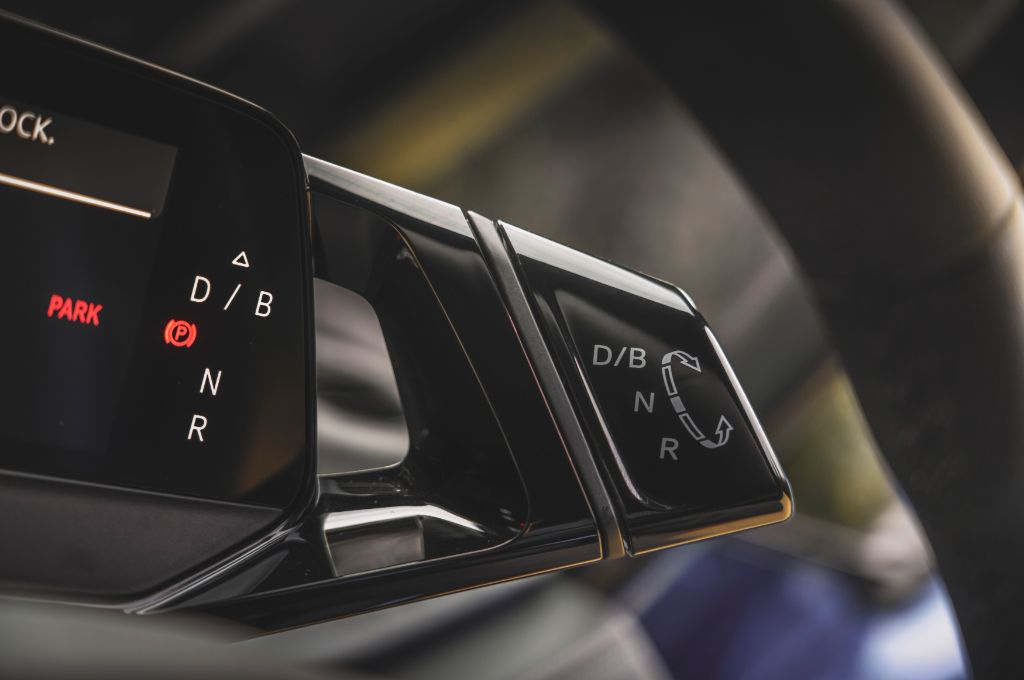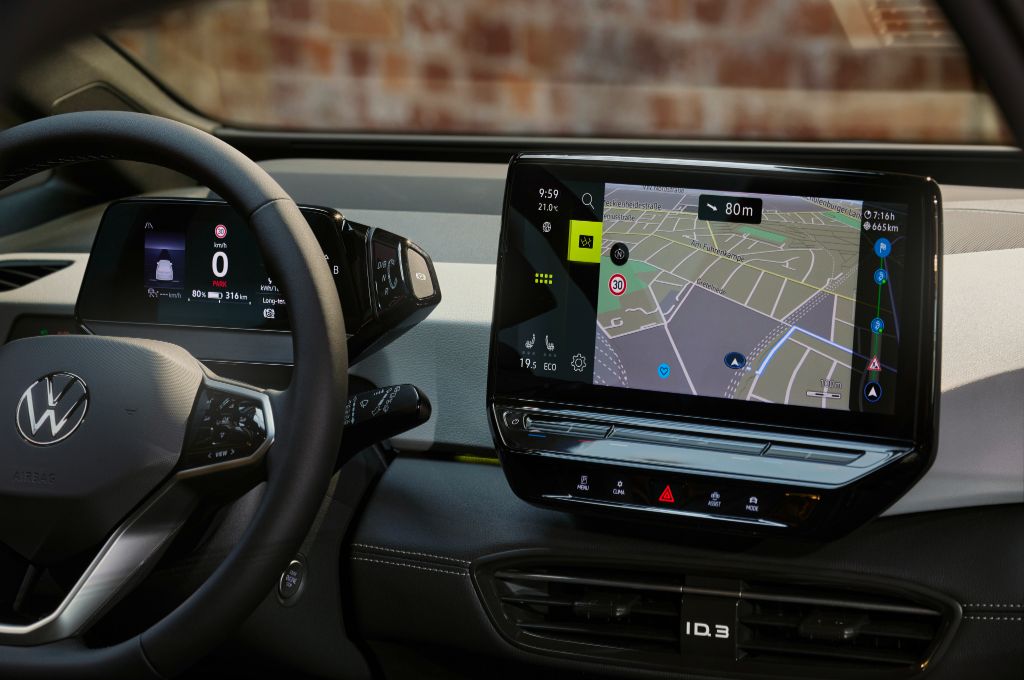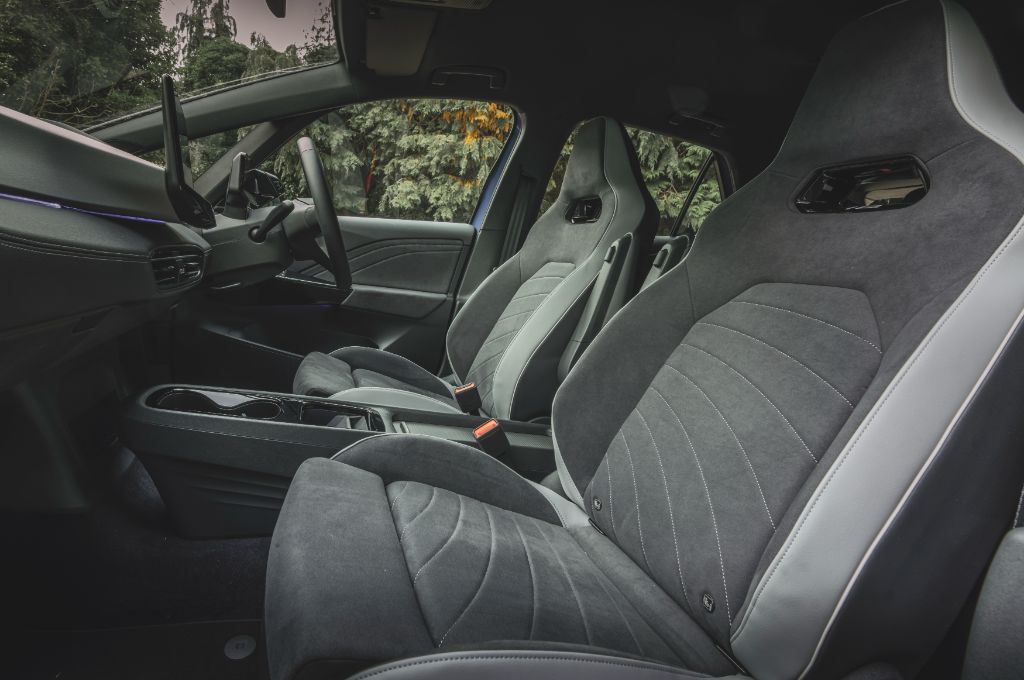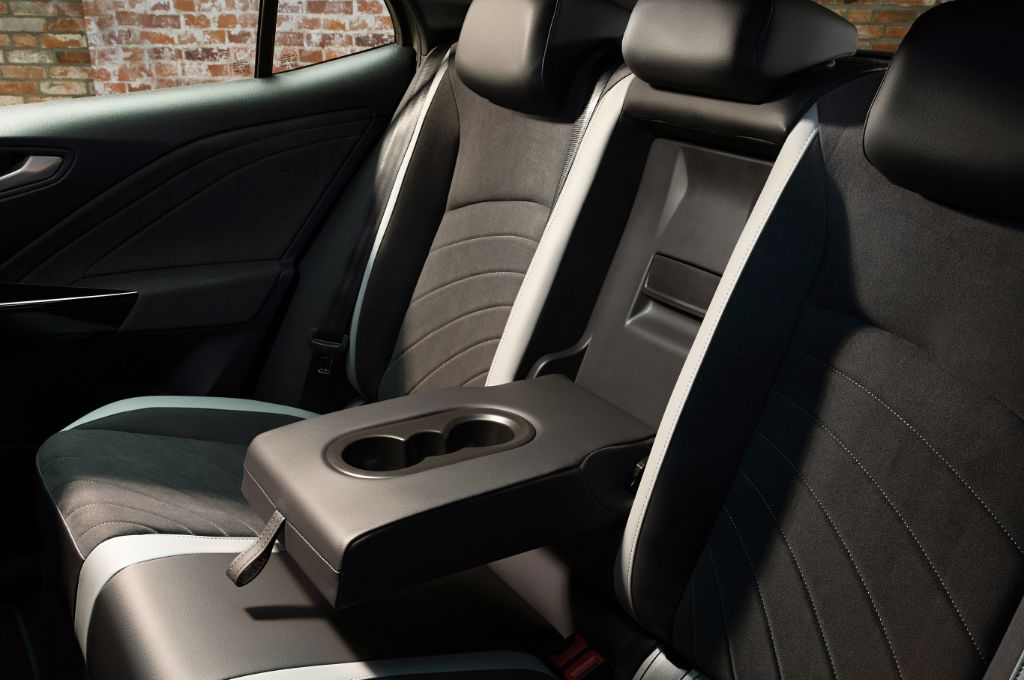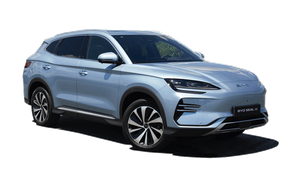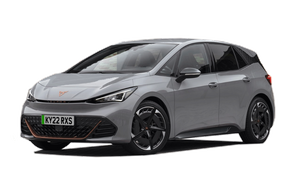Range
The Volkswagen ID.3 isn't the most efficient electric family car - we found the Kia Niro EV a touch more efficient in the real world. Even so, the VW is very decent for range and efficiency. WLTP claimed figures put the 58kWh ID.3 Pro between 268- and 270 miles of range depending on what wheels and trim you go for, and in the real world it should manage around 190-200 miles in winter, or it'll eke up towards 250 miles in gentle driving and summer conditions. During our time with the car we managed a run of 220 miles from full to empty even with long sections of motorway (200 miles driven with 20 showing as remaining).
The 77kWh ID.3 Pro S has a claimed WLTP range of up to 346 miles depending on which model you go for, and while we haven't spent enough time in this version to have done our own range tests, we'd expect it to manage some 280- to 330 miles in the real world. This is definitely the one to go for if you do a lot of miles, or if you're worried about being able to charge at home regularly, and if you want the absolute best range possible then you should add the optional heat pump as well. It's not a cheap option, and some rivals including the MG4 and Peugeot e-308 have a heat pump as standard, but it will help to improve your range in winter.
Battery
The 58kWh battery offered in the Pro models is the same lithium-ion NMC battery as the one that appeared in the ID.3 when it was first launched in 2019, while the 77kWh (also the same lithium-ion NMC battery chemistry as in most modern electric cars) joined the range not long after. All ID.3 models have battery heating and cooling management systems, so the longevity of the battery pack is likely to be very good.
The structure of the ID.3's battery is pretty clever. Engineers have nicknamed it a chocolate bar as it has layers that look a little like a KitKat. Unlike chocolate though, it helps keep the weight low and it’s more compact than other electric car batteries too. Volkswagen also claims that the structure and chemistry will mean it doesn’t degrade as quickly as other batteries. As a result, they guarantee it for eight years and say it should last the lifetime of the car. That's not to say that the ID.3's battery won't degrade slowly over time - every electric car battery does. But the VW's should be one of of the better batteries for retaining its range performance even after many years and hundreds of thousands of miles. You can also check out the BYD Atto 3, with its innovative 'Blade' battery, if you want to see the sort of new battery tech that the ID.3 is competing with.
It's worth mentioning that Volkswagen states usable battery capacity, so you are charging 58kWh or 77kWh of battery cells. Total capacity is 62- and 82kWh respectively.
Charging
Volkswagen has made the ID.3 as ‘future-proof’ as possible when it comes to charging technology. Maximum charging speeds vary by battery size, but the 58kWh model can take a DC charge at a maximum rate of 120kW, which is higher than many of its rivals that often top-out at 100kW charging rates. The 77kWh Pro S does even better, and will deliver peak charging rates of 170kW, which makes it one of the faster charging cars at this price point, even if the Tesla Model 3 will charge even faster.
Find a 150kW rapid charger and you'll have a 10-80% top-up in 30 minutes in either of the ID.3 models, with the 77kWh model's faster charging speed offsetting the bigger battery capacity that it'll need to charge for a 10-80% top-up. Each will manage a 100 mile top-up in around 15 minutes for the ID.3 Pro, and 10 minutes for the ID.3 Pro S. If you're charging at home on a standard 7kW wallbox, a charge from empty to full will take under ten hours for the smaller-battery Pro model, or under 13 hours for the Pro S. Both have a maximum 11kW AC charge rate, but that will only be a benefit if you plug into an AC charger that can support 11kW charging or more; these are normally found in industrial estates or as public chargers on the kerbside or in town car parks. It's extremely rare that a domestic property in the UK can support charging speeds of more than 7kW.











